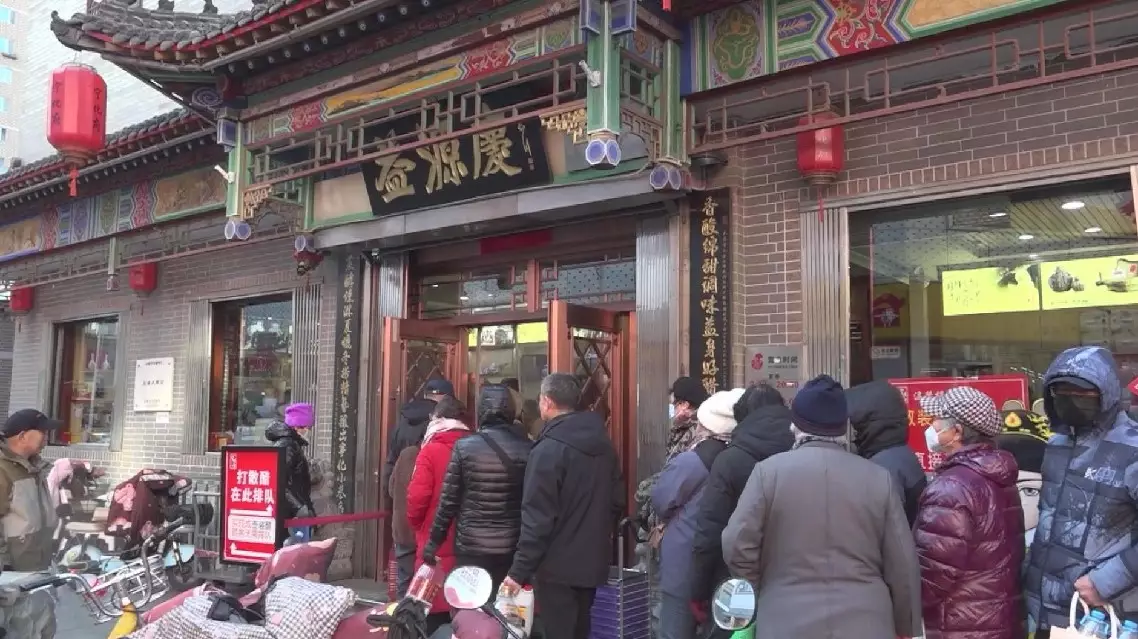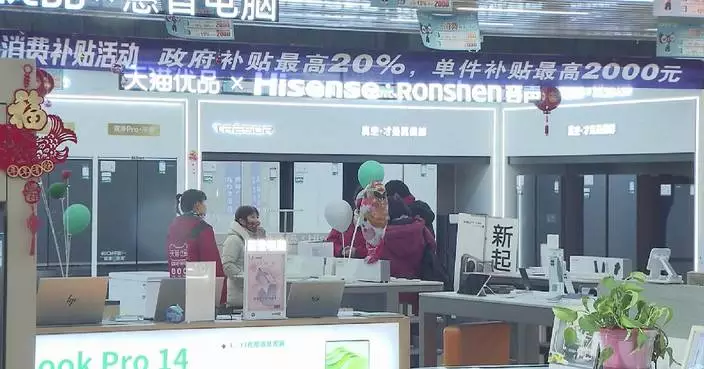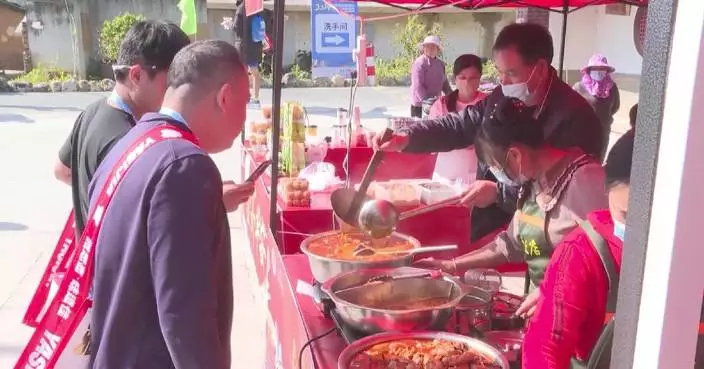Chinese lawmakers on Dec 25 voted to adopt a law on value-added tax (VAT), the largest tax category in China, marking major progress in enforcing the principle of law-based taxation.
The law, passed at a session of the Standing Committee of the National People's Congress, the national legislature, will take effect on Jan 1, 2026.
Currently, 14 out of the 18 tax categories in effect in China have already been legislated, covering the majority of tax revenue.
The VAT law specifies tax rates and taxable amounts, maintaining the three current rates of 13 percent, 9 percent, and 6 percent, with a zero tax rate applied to certain goods and services exports.
"The VAT legislation maintains the current statutory tax rates: 13 percent for goods, 9 percent for sectors like transportation, postal, communication, real estate, and construction, and 6 percent for services," said Shi Zhengwen, director of the Fiscal and Taxation Law Research Center of China University of Political Science and Law.
In terms of tax collection management, the VAT law clarifies that VAT will be collected by tax authorities, while customs will handle VAT for imported goods.
Additionally, for the first time, the law specifically outlines an invoicing management system, emphasizing the promotion of electronic invoices and strengthening data-driven tax administration.
"Electronic VAT invoices aim to provide timely access to tax-related information from business operations. The goal is to establish a tax information-sharing mechanism and coordination system. Under the 'data-driven tax administration' model, VAT collection will ultimately support high-quality development, social fairness, and market unity," said Shi.

VAT law to take effect in 2026, with current rates unchanged
As the Spring Festival approaches, north and east China are experiencing a surge in demand for traditional delicacies, including vinegar and intricately decorated steamed buns.
The Laba Festival, which falls on Jan 7, is just around the corner. In celebration, residents in Taiyuan City, capital of north China's Shanxi Province, flocked to a well-known vinegar shop to fill their containers with vinegar - a time-honored tradition marking the occasion.
The Laba Festival, literally the eighth day of the 12th month on the Chinese lunar calendar, is considered a prelude to the Spring Festival, or Chinese New Year.
As a longstanding custom during the festival, locals bring their own containers, mainly large buckets and jars, to fill with freshly made vinegar.
"The tradition of preparing vinegar for the Laba Festival has been passed down through generations. Folks here love buying the freshly made, time-honored brands, because the hot vinegar tastes especially good," said Liu Xiaojing, a staff member at a local vinegar company.
"The vinegar is still hot. I can still feel the warmth. This is an old brand, and I've been eating it since I was a child. It has a long history," said Huo Yanzhen, a local resident.
Steamed buns with colorful patterns are also experiencing a surge in sales in Qingdao City of east China's Shandong Province. These creative buns, a must-have for many families in the area, are flying off the shelves as shops ramp up both online and offline efforts, stocking up to meet the demand of the pre-festival sales boom.
At a local steamed bun shop, workers were busy preparing 3,000 kilograms of fish-shaped buns. These buns are particularly popular during this time of year, as fish symbolize good fortune and wealth in Chinese culture.
"Sales have definitely picked up since New Year's Day. We're selling about 2,000 to 3,000 jin (about 1,000 to 1,500 kilograms) daily, and we expect to sell nearly 100,000 jin (about 50,000 kilograms) over the next month," said Lu Haiyan, the shop owner.
"Older people nowadays don't like food that are too sweet. They prefer traditional Chinese pastries like these, which are made with healthy ingredients. They're good for the body, so we prefer them," said a local resident.
In addition to the offline sales, the shop has embraced online marketing, posting short videos of their decorative buns on social media platforms.
The Spring Festival, or Chinese Lunar New Year, falls on Jan. 29 this year and the Spring Festival holiday will last until Feb. 4. It is China's most important festival and an occasion for family reunion.

Sales of traditional delicacies surge ahead of Spring Festival










